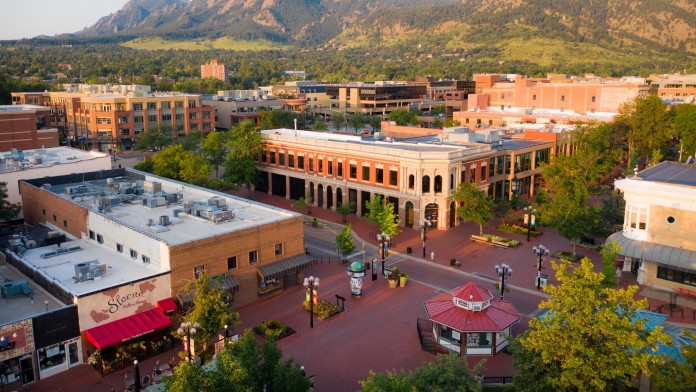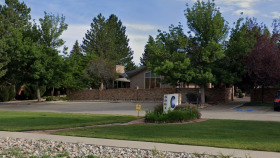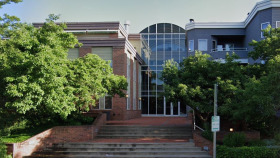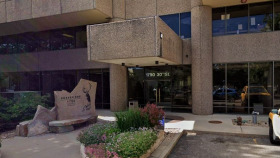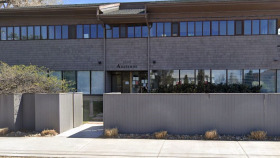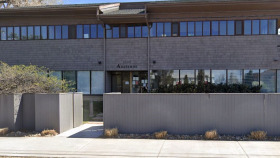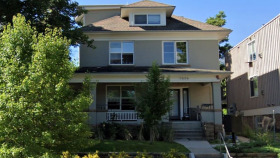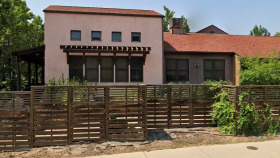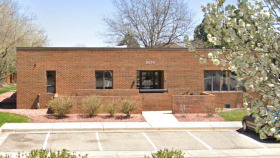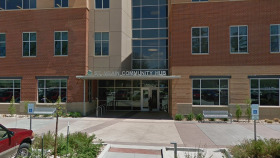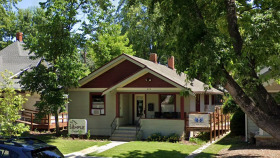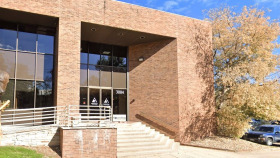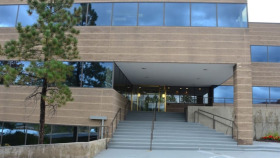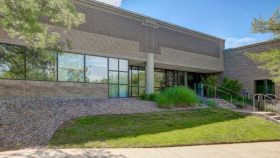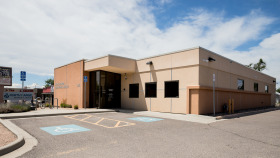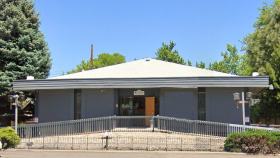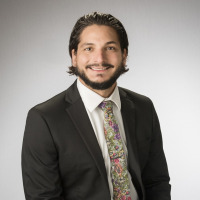Alcohol and Drug Use Statistics in Boulder
Here are some alcohol and drug use statistics for Boulder County, which includes the city of Boulder:1,2,3,4
- In 2021, the Boulder County Sheriff’s made 17 drug arrests and confiscated more than 18,000 grams of marijuana and 12,000 grams of other hallucinogens.
- In 2021, 56 people in Boulder County died from a drug overdose.
-
- 36 of the deaths involved opioids, and 18 involved methamphetamines.
- 35 of them were men.
- 15 of them were between the ages of 25 and 34.
- 49 of them were white.
-
- In 2021, 417 people went to the ED for a drug overdose.
-
- 55% of them were women.
- 30% were between the ages of 15 and 24.
- 48% were white.
-
- Between 2016 to 2020, there were 30 alcohol-involved driving deaths in Boulder County.
- In 2019, 18% of adults in Boulder County reported binge or heavy drinking.
- In the Denver metro area, which includes Boulder, most people entered substance use disorder treatment in 2020 for alcohol addiction, followed by heroin.
Paying for Alcohol and Drug Rehab in Boulder
If cost is a concern, there are several ways you can pay for a Boulder drug rehab or alcohol rehab. Reduced-cost treatment options can include medical detox programs, inpatient and outpatient treatment, sober-living housing, and other therapy services.
Free or Low-Cost Treatment Options
A free or low-cost treatment option in Boulder will typically have some requirements you will need to meet. This can include proof of state residency and low income. Treatment types include:
- State-funded rehabs: A Boulder state-funded rehab receives money from the state or federal government to help offset the cost of addiction services for those who qualify. Local reduced-cost treatment options can include methadone clinics that address opioid addiction.
- Grant-funded rehabs: The Office of Behavioral Health in Colorado often receives federal block grant money for people who need help paying for treatment. These funds can cover detox centers and other substance use prevention services.
- Sliding Scale Fees: A Boulder drug or alcohol rehab that offers a sliding scale payment plan will base your fees on your monthly income.
The closest free drug or alcohol rehabs to Boulder are in nearby Denver. They include:
- Williams Street Center Residential Recovery
- Community Alcohol, Drug, Rehabilitation & Education
- Colorado Assessment and Treatment Center
Medicaid, Medicare, and Private Insurance
There are other ways to pay for drug and alcohol rehab in Boulder. Health First Colorado is the state’s Medicaid plan. To qualify, you must fall under the income guidelines as well as meet other eligibility requirements, including:5
- 18 years old or under
- Pregnant
- Parent or caretaker of a dependent child
- Adult without dependent children who meets income requirements
Colorado also offers Child Health Plan Plus, a low-cost health insurance plan for certain children and pregnant women. If you earn too much to qualify for Health First Colorado, you may qualify for this program.
Medicare, a federal health insurance program, is available for those Boulder residents 65 years old or older or who are younger than 65 with a disability. Medicare will typically pay for both inpatient and outpatient substance use disorder treatment. If you plan to use Health First Colorado or Medicare to pay for treatment, you will need to confirm that the rehab accepts those forms of insurance.
Private insurance can be used to pay for drug or alcohol rehab in Boulder. You’ll need to check with your provider to confirm what types of treatment are covered and pick a rehab that accepts your insurance plan. This will help keep your costs low. Popular insurance plans in Colorado include Rocky Mountain Health Plans, Bright Health, Anthem BlueCross BlueShield, and Kaiser Permanente.
Is it Easy to Travel to and Within Boulder?
Boulder’s proximity to Denver makes it a convenient location to travel to whether you’re coming to the area for rehab or visiting someone who is currently in treatment.
Denver International Airport is the closest major airport to Boulder. You can easily drive from the airport to the city or take a Regional Transportation District (RTD) bus from the airport into Boulder. Once you’re in the city, you can utilize the RTD bus system to reach all corners of town and beyond.
Boulder’s Community Transit Network also provides bus service in Boulder with its HOP, SKIP, JUMP, and other routes. The HOP circuit offers a shuttle-type service for visitors looking to see popular locations in town.
If you’re into outdoor activities, Boulder has much to offer including 300 miles of public hiking and biking trails and about 45,000 acres of open space. If hiking isn’t your thing, Boulder also features more than 30 art galleries, 6 local museums, and movie and concert theaters.
Visitors can choose from around 2,000 guest rooms ranging from full-service hotels to cabins and historic Victoria bed and breakfasts.
Resources
- Colorado Department of Public Health & Environment. (n.d.). Colorado Drug Overdose Dashboard.
- Boulder County Sheriff’s Office. (2022). 2021 Annual Report.
- Colorado Department of Human Services. (2021). Substance Use Disorder (SUD) Treatment: Colorado Drug Trends.
- University of Wisconsin Public Health Institute. (2022). County Health Rankings.
- Colorado Department of Health Care Policy & Financing. (2022). Programs for Adults.

